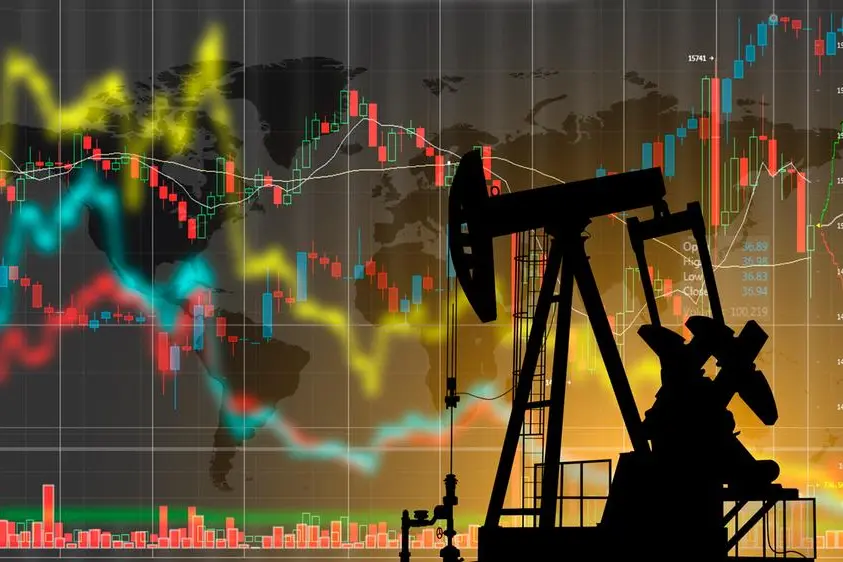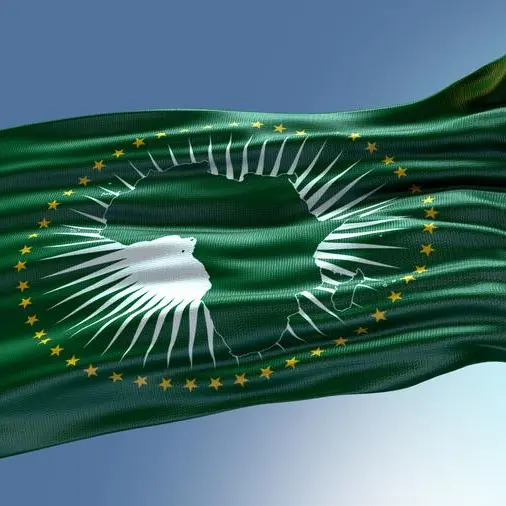PHOTO
As Europe seeks to diversify its sources of energy away from Russian oil and gas, African countries are poised to fill the gap with their non-renewable and renewable resources, according to leading economic research institution.
“Africa boasts vast, unexploited hydrocarbon reserves, and major energy companies could look towards the continent to supplant Russian gas,” Oxford Economics said in a briefing on Tuesday.
While acknowledging Europe’s quest to transition to green energy, the report still sees that African natural gas will remain an important source of energy on both the medium and long terms.
Countries such as Nigeria, Egypt, Mozambique and Algeria which together hold nearly seven percent of the world’s reserves of natural gas should be able to benefit from Europe’s efforts to reduce its dependence on the Russia natural gas. However, security challenges including insurgencies and vandalism still impact production in some of these countries and discourage major energy investors, according to the report.
“Africa’s hydrocarbons sector could see a quick uptake in development if these governments position themselves as attractive alternatives to Russian oil and gas,” read the report. “This will require them to placate fears that property rights will not be respected over the long-term investment horizons, and the provision of accommodative operational environments.”
Away from hydrocarbon, Africa has the greatest potential to benefit from the world’s transition to clean energy on the long term, said the report. Many African countries are rich in platinum group metals (PGMs), copper, cobalt, tin, bauxite, and manganese_ minerals and metals deemed necessary for the development of clean energy technologies.
The Oxford Economics briefing noted that market prices of some of these minerals have already been increasing, following the Russian war on Ukraine, as the West started rushing plans to switch to non-hydrocarbon sources of energy.
The report lists four African countries that are bound to benefit the most including South Africa, the Democratic Republic of Congo (DRC), Gabon and Guinea.
South Africa alone accounts for 50% of the world’s PGM production and 90% of the world’s PGM reserves; 30% of the world’s manganese production and 40% of the world's manganese reserves, read the report.
As to DRC, it accounts for 70% of the world’s cobalt production and holds half of the world’s reserves of the same metal. Meanwhile, Gabon is rich in manganese and Guinea has 30 percent of the world’s bauxite reserves, said Oxford Economics.
(Reporting by Noha El Hennawy; editing by Seban Scaria





















